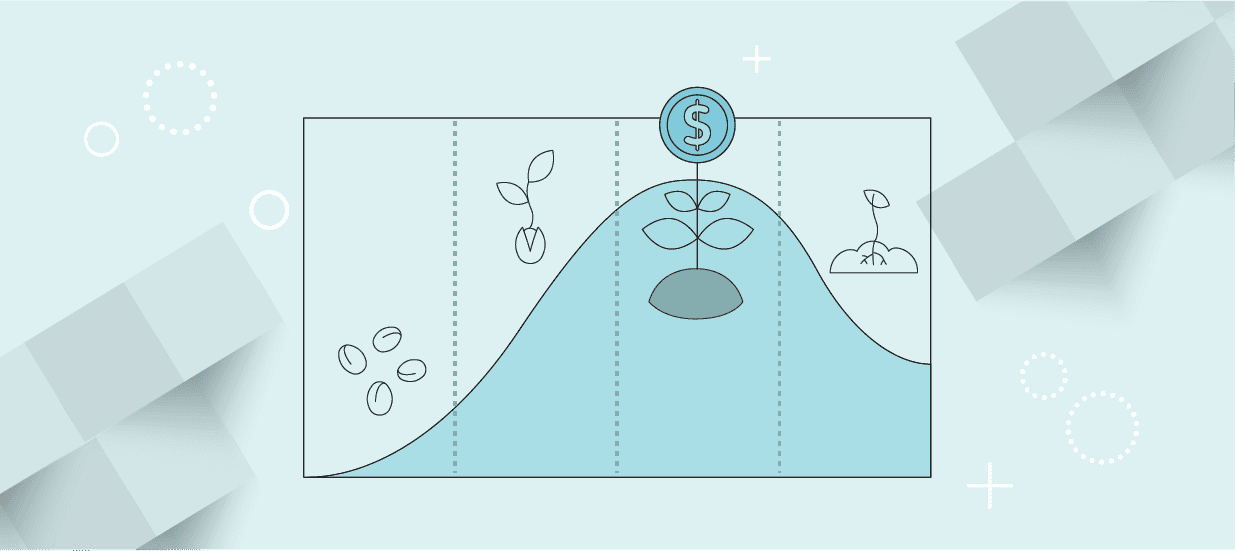Why did you start Pragmatic Institute?
Back when we began in 1993, companies were realizing that filling product management and marketing roles from within just made sense: These people know your products, your customers, your sales and how your organization works. But nobody really knew what product management was supposed to do and how it delivered value, so it became quite tactical and execution oriented—and there wasn’t much strategy. I built the company and our training based on that market need.
Has the response been a surprise to you?
My original business plan surmised that about a thousand people needed this training. Now we’re closing in on 100,000 attendees, so I realize my forecasting ability was not very good.
Our goal has always been to provide a quality learning experience—from the instructors to the materials and even to the food—and we never sacrificed this in order to grow faster. Our growth, which has placed us on the Inc. 5000 list of fastest-growing companies seven times, has come from the loyalty of our customers. We’ve had numerous attendees take our courses multiple times. The first time, they were focused in on the parts that applied to their problems as product managers. But now they’re directors or vice presidents with different problems, and so they hear it differently. They also encourage others to attend, with 80 percent of our business coming from word of mouth.
It’s like a fan club. People get so excited when they see the logo on our shirts. I’ve been stopped at airports, hotels and even at a car auction. All of our instructors have had those kinds of experiences, and we realize that it’s not that we’re great presenters or that we’re smarter than anybody else, but that the content of the course is so effective for people that they really connect to it.
What impact do you think Pragmatic Institute has had on the industry?
We’ve demonstrated the impact that product management and product marketing management can have on a company and helped senior management understand the value of investing in those roles and empowering them to be more strategic.
We knew that what we taught worked for us. In fact, our instructors are so passionate about what they teach, because they applied the concepts at their former companies. They saw results and wanted to evangelize what they learned. But we were so small in the early days, we didn’t know if it was as broadly applicable and as effective for others as it was for us. We’ve since had people go out of their way to tell us about how they applied what they’ve learned in our courses. That’s been pretty eye opening, because people have literally changed large companies and changed the culture at their companies based on what they learned with us in several days.
What’s changed since Pragmatic Institute was founded?
Unlike technology, the underlying problems product professionals face have not changed much in 20 years. So the training hasn’t changed from the perspective of what problems we need to solve, but we do keep the way we’re dealing with these problems contemporary.
When we started Pragmatic Institute, you didn’t hear of CMOs or VPs of product management and director roles were rare. It was just a couple of product managers scrambling around doing whatever seemed most urgent. Now there are formalized roles and responsibilities, and what’s most dramatically changed in 20 years is the investment the companies are making in product management. I think Pragmatic Institute helped create that.
Author
-

The Pragmatic Editorial Team comprises a diverse team of writers, researchers, and subject matter experts. We are trained to share Pragmatic Institute’s insights and useful information to guide product, data, and design professionals on their career development journeys. Pragmatic Institute is the global leader in Product, Data, and Design training and certification programs for working professionals. Since 1993, we’ve issued over 250,000 product management and product marketing certifications to professionals at companies around the globe. For questions or inquiries, please contact [email protected].
View all posts








